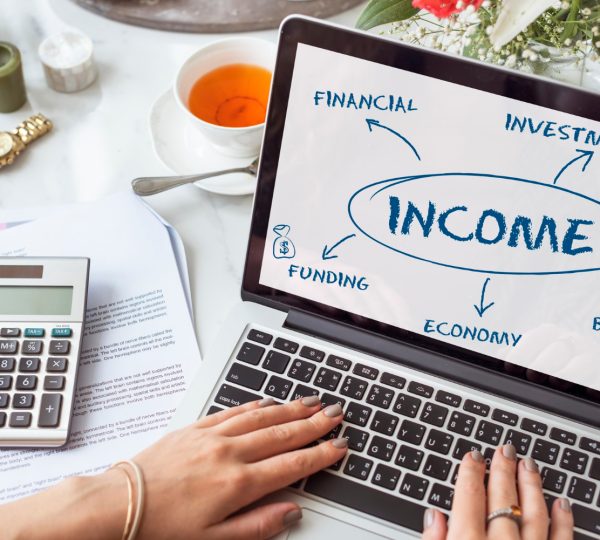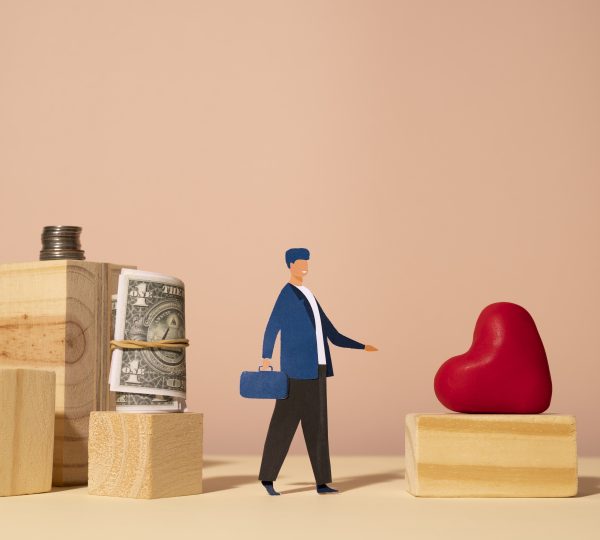Buying a new credit card is a thrilling experience. Now that you have a vital instrument that may help you build credit, collect rewards, and make significant purchases with ease, the temptation to use it for everything and everything might be difficult to resist. However, while there are several reasons you would want to use your credit card, bear in mind that the conveniencealways involve a cost — when used carelessly, credit cards can quickly place you in a significant amount of debt.
Credit cards are the most often used instrument for building or rebuilding credit, whether you’re new to operating credit or wanting to enhance your existing credit. Below are some suggestions on utilizing credit strategically to stay out of debt; be sure to follow these best practices to maintain your finances and credit as healthy as possible.

Maintaining a low credit card balance might make it easier to pay off the debt in full and lower the amount of interest you must pay each month. Credit utilization is the ratio of your credit card balance to your credit limit, and it is an essential factor in determining your credit score according to FICO. Using less than 30% of your credit card’s credit limit is critical for maintaining a good credit score. In addition, paying your bills on time means that you will not incur late penalties or have your credit score lowered due to missing payments.
The smaller the monthly balance on your card, the less interest you’ll have to pay on the money you borrow. The most straightforward approach to preventing costly interest payments is to pay your debt in full each month. However, this isn’t always a possibility; keep in mind that the more money you put towards an outstanding balance, the less interest you’ll have to pay in the long run. In addition, fraudulent charges on your credit cards can quickly accumulate alarming amounts of debt. You will detect fraudulent transactions more rapidly if you routinely check the activity on your cards. Many credit cards now include options that allow creditors to inform you if they suspect fraudulent activity on your account; take advantage of this feature for enhanced security.

Your credit score considers the age of your oldest credit card account, so having an open account may help you develop credit in the long term. You’ll always have at least one tab open if you keep your card exclusively for emergencies.
Although you should primarily use credit cards to develop credit, there are situations when using credit may be advantageous, such as paying off debts or financing significant items that you cannot afford to pay in cash. However, this is huge but only suggested if you have a credit card with an extremely low APR, near or equal to 0%. More excellent interest rates/APRs imply higher borrowing expenses, and you want to save as much of your money as possible for yourself, right?
Financial institutions may offer you cards with introductory 0% APR incentives if you have a strong credit score. Essentially, you won’t be liable for making interest payments on any of the money you spend on the card for a set number of months (typically 6 to 18).
There are two strategic approaches you may take to get the most out of this deal:

1. Pay off current debts by transferring them to the 0% APR account (aka balance transfer)
2. Divide a large purchase into smaller, more manageable installments that you will pay off in full within the introductory APR period.
Suppose you are fortunate enough to get approved for a 0% APR credit card. In that case, you need to actively manage your spending since you may be required to make significant interest payments if you cannot pay off your whole debt before the intro APR period expires. Several credit card firms provide cashback, discounts on purchases, and free airline miles to incentivize customers to use their credit cards. Earning rewards with a credit card might be a terrific motivation to utilize your credit, but only if you can pay off your debt in full each month. Why?
Cashback rates typically run from 1 to 5%, but average APRs stay around 15%; if you carry a load on your card but continue to spend to get rewards, recognize that you’ll be paying far more in interest than you could earn in cashback. According to research, these sorts of incentive systems encourage overspending and can lead to debt, so you’ll need to keep a careful eye on your spending if you want to make the most of these perks.
When should you not use your credit card?

Credit cards are a convenient, easy-to-use payment tool that may help you develop credit, but their ease of use can be dangerous for beginning users who don’t set a spending limit or have a strategy for paying off sums they can’t afford to pay in cash. Using credit recklessly may rapidly lead to credit card debt, which can negatively influence borrowers’ credit scores and other elements of their financial health. To avoid this, here are a few instances of scenarios in which you should not use your credit card. If you don’t have a comprehensive repayment plan, using credit cards to pay for goods you can’t afford to do in cash is a risky habit. Carrying significant revolving balances on high-interest credit cards on an ongoing basis may result in interest payments that drive you to spiral into debt before you know it.
A repayment plan is crucial, especially if you can’t afford to pay in cash for your purchases. Your danger of incurring extra debt is excellent if you do not examine how to pay off outstanding bills and impose a spending restriction.
Making purchases on a credit card when the amount is close to the credit limit is problematic. It not only boosts your credit usage to a level that will affect your credit score, but you may also be putting yourself at risk of future credit denial. Cashback, free airline miles, and purchase discounts are all fantastic incentives. Still, if you have revolving debt on a card and continue to use it to accumulate rewards points, the cashback you’ll receive will be dwarfed by the interest payments you’ll have to make. Simply put, you’re accruing debt while receiving very little return on your investment.
High impulsive purchases may put you at risk of incurring large amounts of credit card debt, which may result in a worse credit score.
If you know you have trouble controlling your expenditures, consider instituting a “sleep on it” rule before making any significant purchases. You may considerably reduce impulsive buying by giving yourself at least 24 hours to contemplate if you need an item or whether it’s just a passing fancy.



